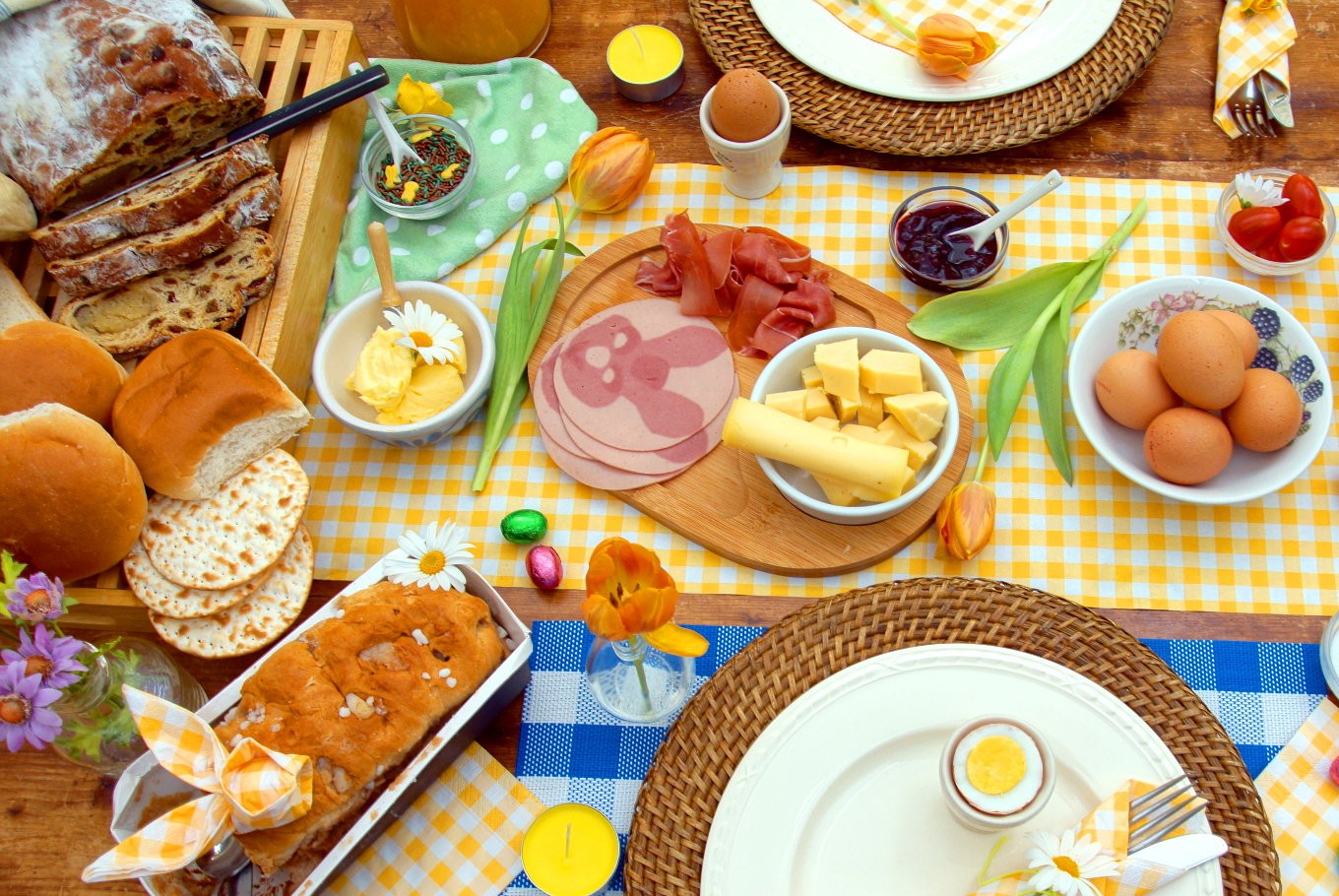Popular Reads
Top Results
Can't find what you're looking for?
View all search resultsPopular Reads
Top Results
Can't find what you're looking for?
View all search resultsSelf-cooking 'breakfast club' supports eat-alone seniors in Japan
Change text size
Gift Premium Articles
to Anyone
A
novel self-cooking "breakfast club" targeting seniors living alone is gaining popularity since its launch in 2017 near Tokyo, as more elderly people in Japan live as single on the back of higher divorce rates and other reasons.
The monthly gathering has been initiated by a nonprofit organization in Nagareyama, Chiba Prefecture, which has provided toll-free matching services for singles, after it noticed that many single elderly may be actually seeking someone they can talk to rather than going so far as marrying someone.
The "senior cafeteria" program, subsidized by the city government, quickly became known such as through social networking services, with the number of registered members jumping to about 60 from four.
On a morning in December in Nagareyama, some 30 people wearing aprons and head scarfs gathered in a special kitchen room of a gas company to make eggs benedict. They were cracking jokes and laughing while cooking.
Read also: What it's really like to have 'Breakfast at Tiffany's' in New York
"I hadn't cooked until I came here," said Tatsuo Hayashida, 88, while toasting buttered muffins on a frying pan.
Hayashida lost his wife about two years ago due to illness and currently lives in a nursing home. "I should have told her more often that her cooking was delicious," he uttered.
Eiji Sekine, a 64-year-old participant who got divorced some 10 years ago, was also among those who were enjoying the event.
"I came to realize the joy of cooking and eating with friends. I would also like to try some new menus," he said.
Women with cooking experiences have also taken part in the program, feeling joy to have someone eat their dishes.
Chisa Matsuzawa, the 51-year-old vice head of the nonprofit organization, said the program can do much more than just feeding the body.
"People may be able to supplement nutritional deficiencies (through food delivery services), but it won't solve the issue of eating alone," she said.
"Cooking, eating and talking with others will provide an opportunity (for seniors) to find friends who can support each other. We will also cooperate with other local governments if they wish to open the cafeterias," Matsuzawa said.
According to a survey by the Cabinet Office, the number of people who were aged 65 or above and living by themselves in Japan jumped from about 880,000 in 1980 to around 5.92 million in 2015.











